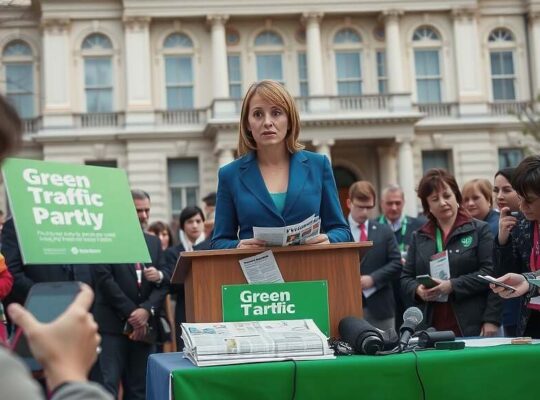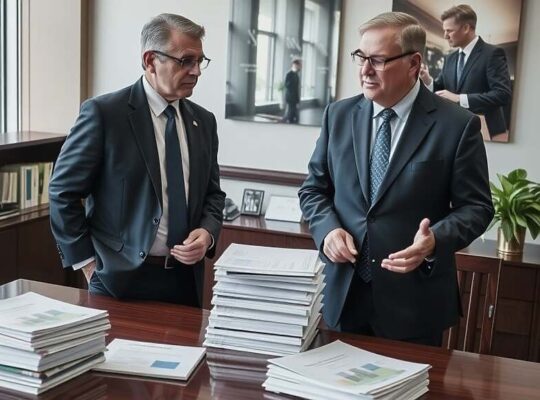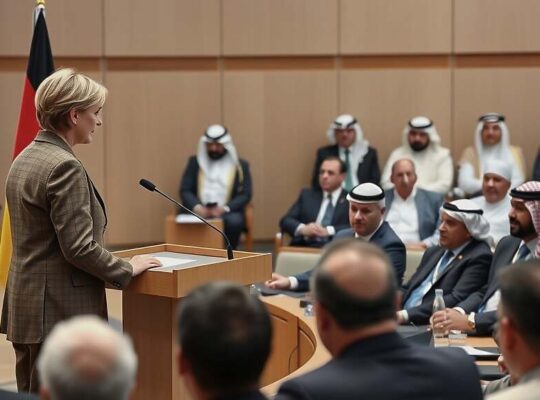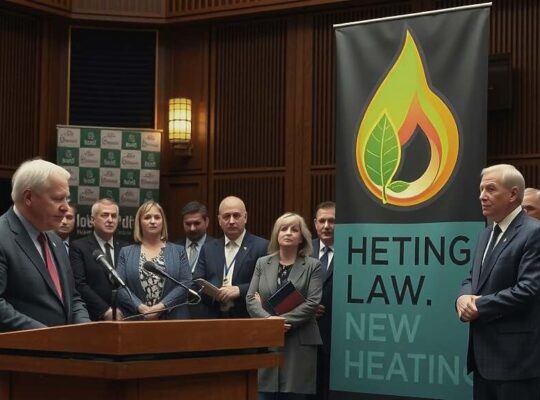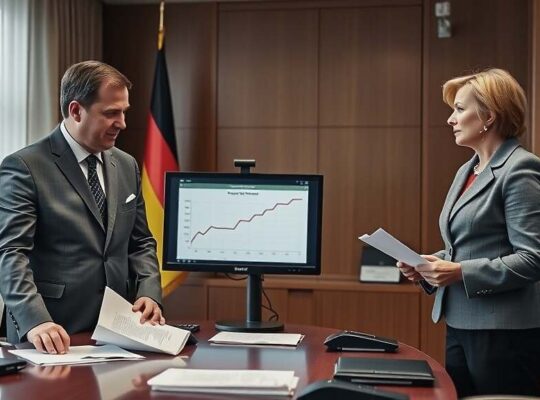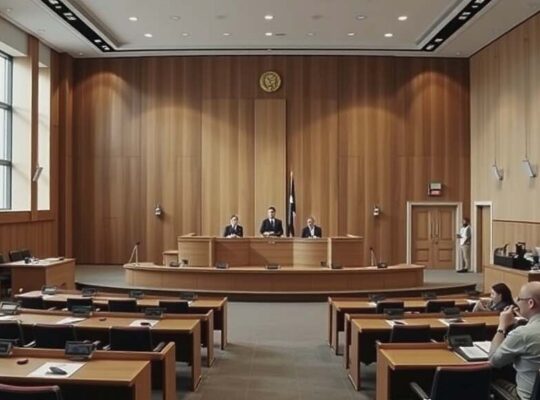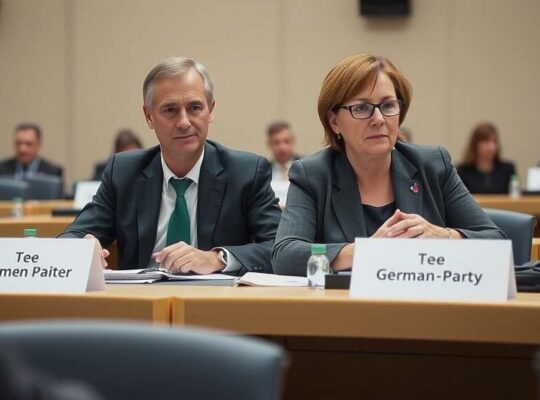A critical audit by Germany’s Federal Audit Court has sharply rebuked the federal government over its management and planning surrounding the €500 billion Special Asset for Infrastructure and Climate Neutrality (SVIK). The report, presented to the Bundestag’s Budget Committee on Wednesday and detailed in the Handelsblatt, highlights systemic failings and raises serious questions about the fund’s purpose and effectiveness.
The core of the Audit Court’s criticism focuses on a lack of clarity regarding the SVIK’s objectives. Despite broad parliamentary approval – secured in the spring with the support of the CDU/CSU, SPD and Green parties – allowing for a record level of debt to bolster Germany’s economic competitiveness and foster growth, the government has failed to articulate precisely how the fund is intended to achieve these aims. The Federal Finance Ministry, according to the report, is demonstrably unable to define specific growth targets or evaluate the SVIK’s contribution towards those targets.
Furthermore, the auditors flagged a concerning practice of shifting resources from the core government budget into the SVIK, despite initial stipulations that it was meant to facilitate “additional” investments. This practice obfuscates the true scope of the fund’s impact and renders it difficult to gauge its incremental value. The report explicitly states that clarity is lacking regarding why planned expenditures are presented as definitively “additional”. Beyond this, the responsible ministries have consistently struggled to provide adequate justification for categorizing planned expenses as genuinely investment-focused.
The findings from the Federal Audit Court represent a significant challenge to the government’s economic policy and expose a potential misuse of substantial public funds. They ignite a debate about the transparency and accountability of large-scale infrastructure and climate initiatives and underscore the need for a more rigorous and clearly defined framework for managing the SVIK. The report’s release is likely to intensify scrutiny of the government’s fiscal practices and prompt calls for a thorough review of the fund’s management and strategic direction.



